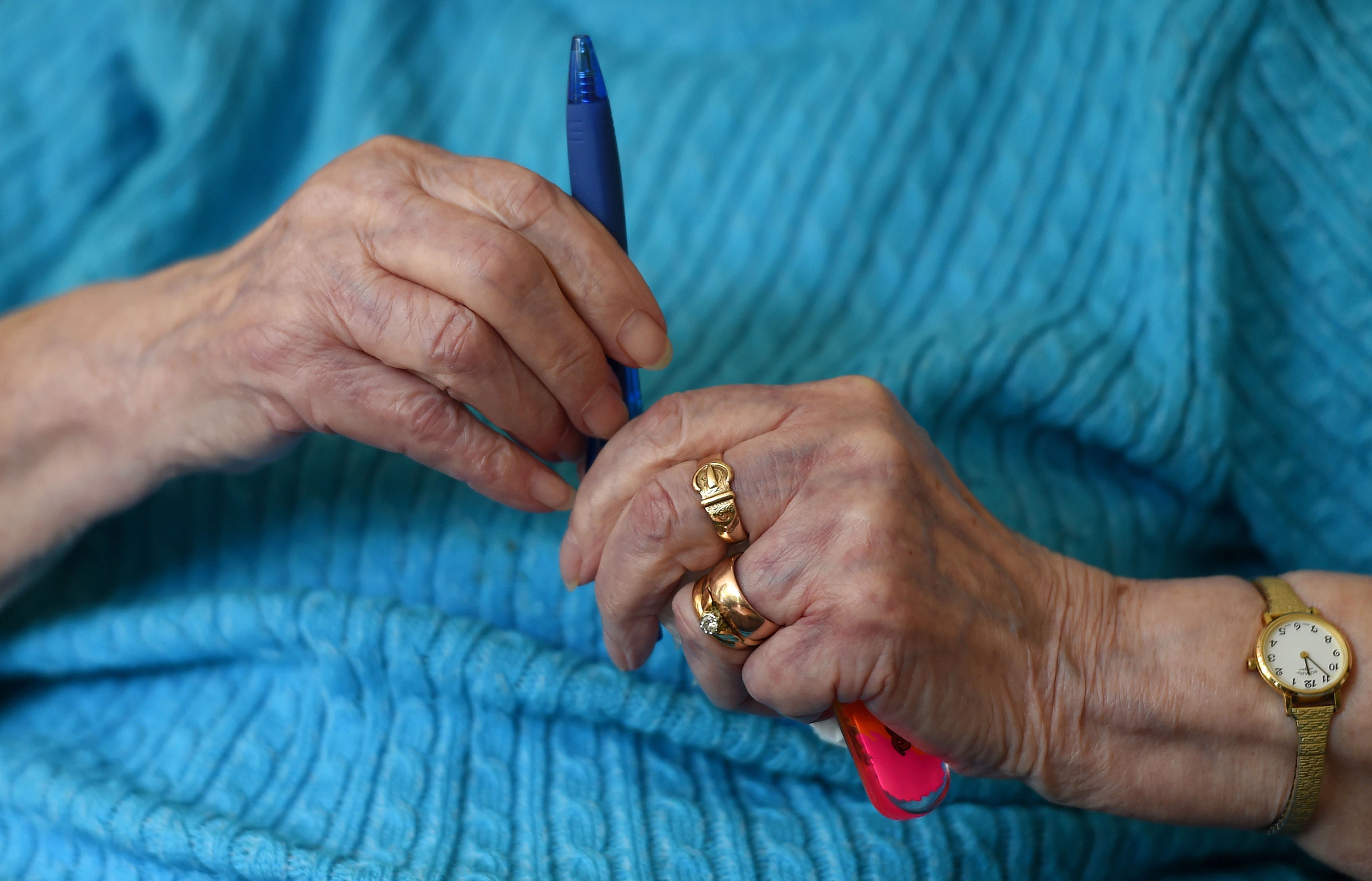
MORE than 400,000 older people in Scotland believe they have been targeted by scammers, according to research for a charity for the elderly.
Of the 41.3% of people targeted, 9% said they had responded to a scam.
The marital status of the person affected their response with 27% of single older people responding compared to 9% of those who were married.
The findings, by Age Scotland and Age UK, coincide with Scams Awareness Month and show how people respond to scams according to marital status.
Of those who had previously been targeted, 16% of single older people paid scammers money, compared to just 6% of married people.
More than a fifth of single people (22%) said they had provided personal information compared to 2% of those who are married.
Age also played a key role in the findings which showed more people in the 75+ age group pay-up or give personal or financial information to the scammers.
The research also showed 70% of older people in Scotland who had been targeted by scammers did not report it.
Around two-fifths (42%) confided in friends and family and a quarter (25%) admitted they didn’t tell anyone because they felt too embarrassed.
The vast majority of those who did report a scam, however, said reporting it was a positive experience.
Age Scotland warned that older people lived alone or with cognitive impairment left them at at risk of being targeted.
In addition to victims experiencing serious financial losses, evidence shows that being duped by scammers can seriously affect quality of life and well-being.
Symptoms include embarrassment, shame, depression, social isolation and a decline in physical health.
Keith Robson, chief executive of Age Scotland said: “Scams can have a devastating emotional and financial impact on older victims, seriously damaging their quality of life and well-being. That anyone would target an older person to defraud them is abhorrent yet it happens all too often.
“Everyone has the right to feel comfortable, safe and secure at home, yet there are an increasing number of sophisticated scams designed to cheat people of their money, empty their bank account or steal their identity.
“We are urging all older people, and their friends and families, to be vigilant and get up to speed on how to avoid scams.
“If there is any doubt about the authenticity of an offer or piece of correspondence, do not respond and report it to the authorities immediately.”

Enjoy the convenience of having The Sunday Post delivered as a digital ePaper straight to your smartphone, tablet or computer.
Subscribe for only £5.49 a month and enjoy all the benefits of the printed paper as a digital replica.
Subscribe